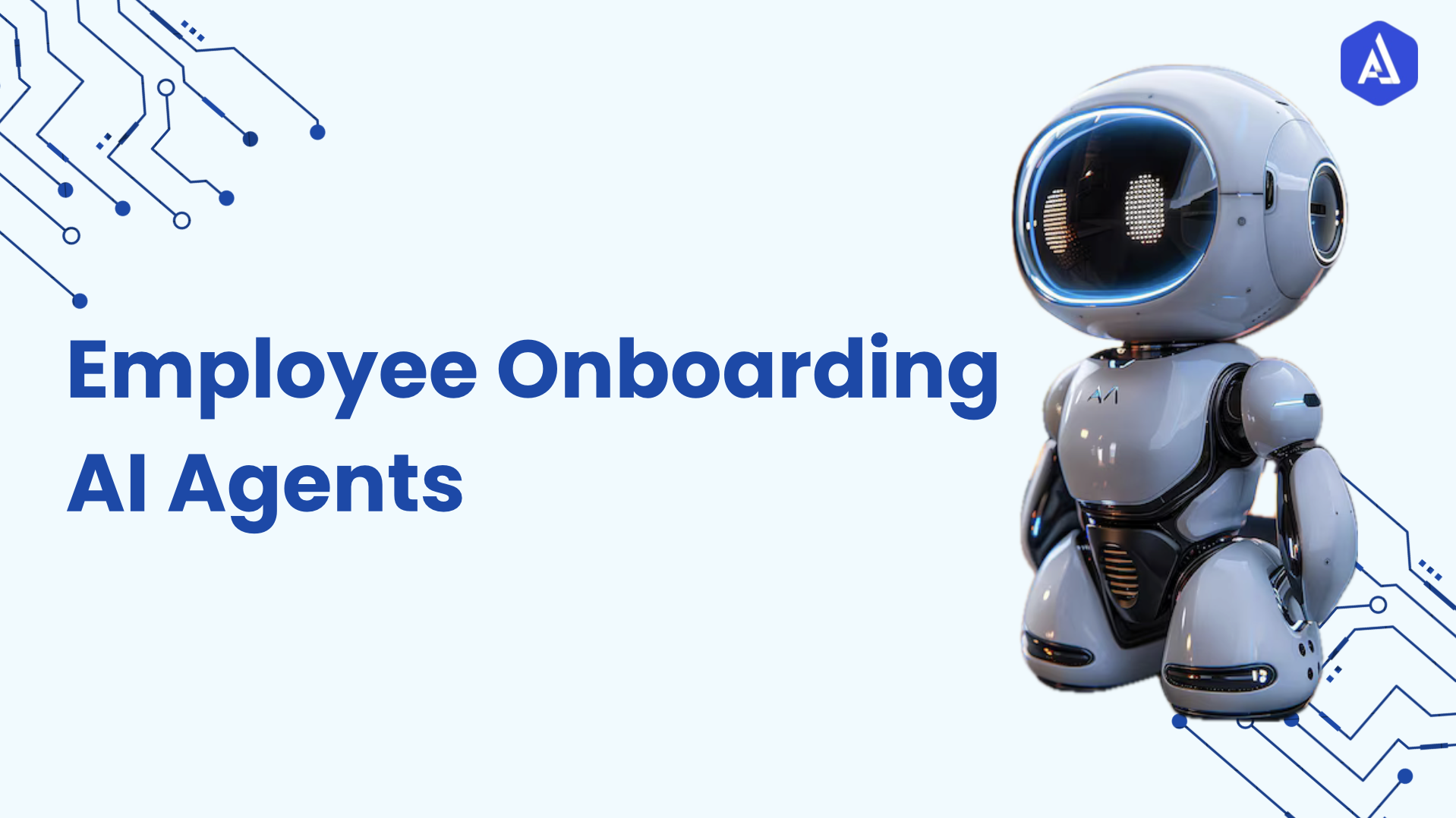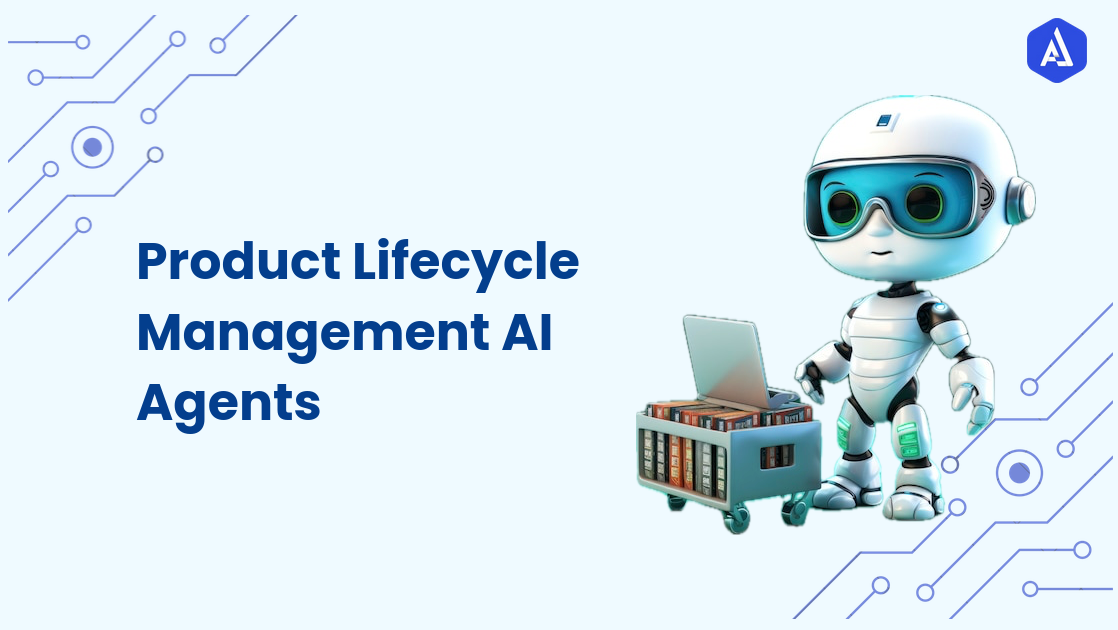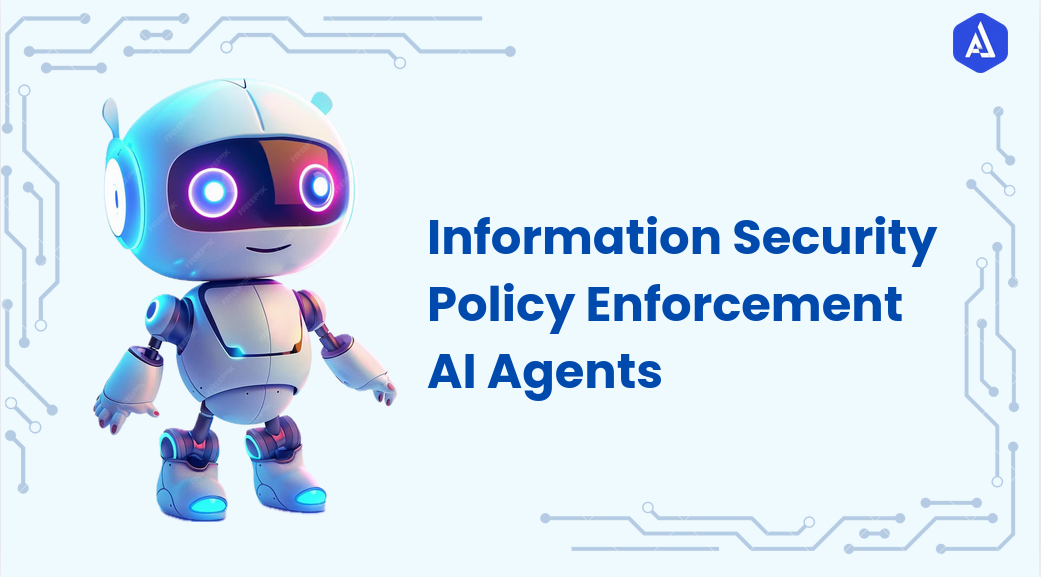Introduction
Help Desk Manager AI Agents are innovative digital assistants designed to streamline customer support operations. By automating routine tasks and providing real-time insights, these agents enhance the efficiency of help desk teams, allowing them to focus on complex issues and improve overall service quality.
The Role of Help Desk Manager
Help Desk Managers manage a customer support service so that questions get solved in a timely fashion and manner. They must keep ticket workflows managed, train support staff, and maintain service quality. Amongst the main challenges they face would be heavy volumes of requests for assistance in support, timely solutions offered for them, and personnel management in teams.
Help Desk Manager AI Agents ease these challenges by automating the triaging of tickets, an around-the-clock support service through chatbots, and data-driven insights to continuously improve.
Primary Challenges of a Help Desk Manager
-
High Volume of Requests: Managing a large number of support requests can be overwhelming and lead to delays in response times.
-
Timely Solutions: Providing quick and effective solutions to customer inquiries is critical but can be difficult under pressure.
-
Personnel Management: Coordinating and managing support staff effectively to maintain service quality presents ongoing challenges.
-
Maintaining Quality Standards: Ensuring consistent service quality across all interactions can be challenging with varying team performance
About the Help Desk Manager AI Agent
Synthetic conversational Help Desk Manager AI Agents have integrated NLP to provide accurate and precise solutions to customers’ problems through the customer’s voice.
These agents can work in conjunction with current help desk applications, which it parse the incoming inquiries to appropriately classify and prioritize the request as an emergency or the degree of difficulty it imposes.
Help Desk Manager AI Agents contribute to the overall optimization of a workflow while maintaining a set level of service quality. Furthermore, they learn in real-life sessions how best to address a particular issue as their expertise progresses over time to handle the intricacies involved; this gives the manager insight into how to modify strategies.
Key Features of Help Desk Manager AI Agents
-
Automated Ticket Triaging: The agent gives real-time classification and prioritization to support tickets, preliminary to proper consideration by the essential support group.
-
24/7 Chatbot Support: English 24/7 by chat with virtual assistants to give an instant reply to as many common buyers’ questions as possible without involving a live agent.
-
Self-Service Knowledge Base Integration: Interestingly, it redirects the users to the corresponding knowledge base articles, so the customers themselves can solve the problems without having to open a ticket.
-
Smart Ticket Routing: Enhanced support staff assignment that directs tickets to the most qualified staff in the shortest amount of time based on his or her availability.
-
Performance Analytics and Reporting: Gives information about the performance indicators including the time taken to close the tickets and the satisfaction among the customers to be used by the managers to change the way service is delivered.
Use Cases for Help Desk Manager AI Agents
a. Potential Use Cases
1. Processes
The Help Desk Manager AI Agents can improve multiple activities that occur within the customer support industry. They enable ticket sorting, which is marking an entry in the support ticket as important and assigning it a priority as soon as the ticket is received. Such automation assists in fading out some of the loops and tackling vital concerns while shedding the load of human agents.
2. Tasks
Some of the applications that can benefit from these AI agents are routine queries such as password change, installation of software and account access problems. Such mentality replicates countless monotonous processes for Help Desk Manager AI Agents and allows human support personnel to explore more complicated issues that deserve some attention and personal human care, thus increasing general productivity and response time.
b. Industrial Use Cases
-
IT Support: Help Desk Manager AI Agents automate the responses to frequent technical issues such as password resets and software installations in IT departments, thus reducing by a great extent the time human agents might spend on such activities.
-
E-commerce: These agents are used by e-commerce sites for order status, return, or any other way of product-related customer inquiries thus enriching the shopping experience with timely response
-
Healthcare: Healthcare organizations deploy Help Desk Manager AI Agents to assist individuals in scheduling appointments and answering simple health-related inquiries, thereby augmenting patient interaction in a controlled and regulatory manner.
-
Telecommunications: These agents of AI help telecom companies streamline customer care by promptly answering questions related to billing and services, thus enhancing customer satisfaction.
-
Financial Services: The Help Desk Manager AI Agents handle the client inquiry on account balances or transactions carried out. They, therefore, enhance overall service efficiency, hence improving the quality experience of the customers.
These varied applications show how versatile and applicable the Help Desk Manager AI Agents are in different industries regarding driving efficiencies and enhancing the quality of the service of a customer operation support.
Considerations for Implementing Help Desk Manager AI Agents
-
Integration with Existing Systems: Ensuring seamless integration with current help desk software and tools can be challenging. Organizations must select AI agents that are compatible with their existing infrastructure to avoid disruptions in service.
-
Data Privacy and Compliance: Handling sensitive customer information raises privacy concerns. Organizations need to comply with data protection regulations, such as GDPR, to maintain customer trust and avoid legal repercussions.
-
Maintaining Human Touch: While automation enhances efficiency, it is crucial to balance automated responses with human interactions for complex issues that require empathy and understanding.
-
User Training and Adoption: Comprehensive training is necessary for support staff to effectively utilize AI agents within their workflows. Resistance to change can hinder the successful implementation of the technology.
-
Monitoring Performance and Feedback: Regularly assessing the performance of AI-driven support processes is vital. Organizations should be prepared to gather feedback and adjust based on analytics to ensure ongoing effectiveness and service quality.
Benefits and Values of Help Desk Manager AI Agents
a. What Would Have Been Used Before Help Desk Manager AI Agents?
Before AI Agents became Help Desk Managers, organizations had to rely on a manual process of managing customer inquiries and support tickets. Relying solely on human agents resulted in the inability to respond because it caused increased response times, poor service quality, and high operational costs. Thus, the staff was often overwhelmed, and the customers were not satisfied.
b. What Are the Benefits of Help Desk Manager AI Agents?
The introduction of Help Desk Manager AI Agents offers numerous advantages:
-
-
Increased Efficiency: Since processes like ticket sorting and classification can now be performed using Help Desk Manager AI Agents, productivity increases by 20-30% per support team with no extra hiring expenses in terms of additional human resources.
-
Faster Response Times: Help Desk Manager AI Agents provide round-the-clock chat support and employ automatic ticket prioritization so that issues requiring simple solutions can be addressed faster by customers, thus improving customer satisfaction in the process.
-
Cost Reductions: This means that with things automated, an organization will not spend much money on human resources required to handle large volumes of customer support inquiries while providing optimum services.
-
Enhanced Customer Experience: Help Desk Manager AI Agents as defined offer personalized interactions and self-service choices, making for a more enhanced experience for consumers and brand loyalty.
-
Data-Driven Insights: These agents work with key performance indicators and ‘shopping, contemplating what client experiences can reveal that managers may consider beneficial to enhance the delivery of support and alter assistance patterns.
-
Thus, the implementation of Help Desk Manager AI Agents not only improves organizations' performance but also enables management to provide corporate clients with exceptional customer service by utilizing the resources at their disposal most effectively.
Usability of Help Desk Manager AI Agents
Step-by-Step Guide
-
Log In: Enter your login information to access the Help Desk Manager AI Agent's features and connect with our dataset for enhanced support capabilities and insights.
-
Familiarize with the Dashboard: Learn about the available functionalities of Help Desk Manager AI Agent: key features of the user-friendly dashboard, ticket and customer interaction, and performance.
-
View Incoming Tickets: Track the received support tickets by priority and their type. These tickets are automatically assigned and routed to the capable Help Desk Manager AI Agent for work.
-
Utilize Chatbot Support: The Help Desk Manager AI Agent should be available as a chatbot to handle basic and routine customer care issues or to redirect its users to the knowledge base where they can find solutions to their problems.
-
Review Analytics: The Help Desk Manager AI Agent allows you to view performance measurements and reports on ticket-solving time, client satisfaction, and the team.
-
Adjust Settings: You can change some settings related to the ticket forwarding or notifications in the Help Desk Manager AI Agent as you see fit depending on your work process and the rate at which you respond to your tickets.
Thus, using the Help Desk Manager AI Agent becomes possible while also making the best utilization of its features to improve customer support services across respective organizations.


